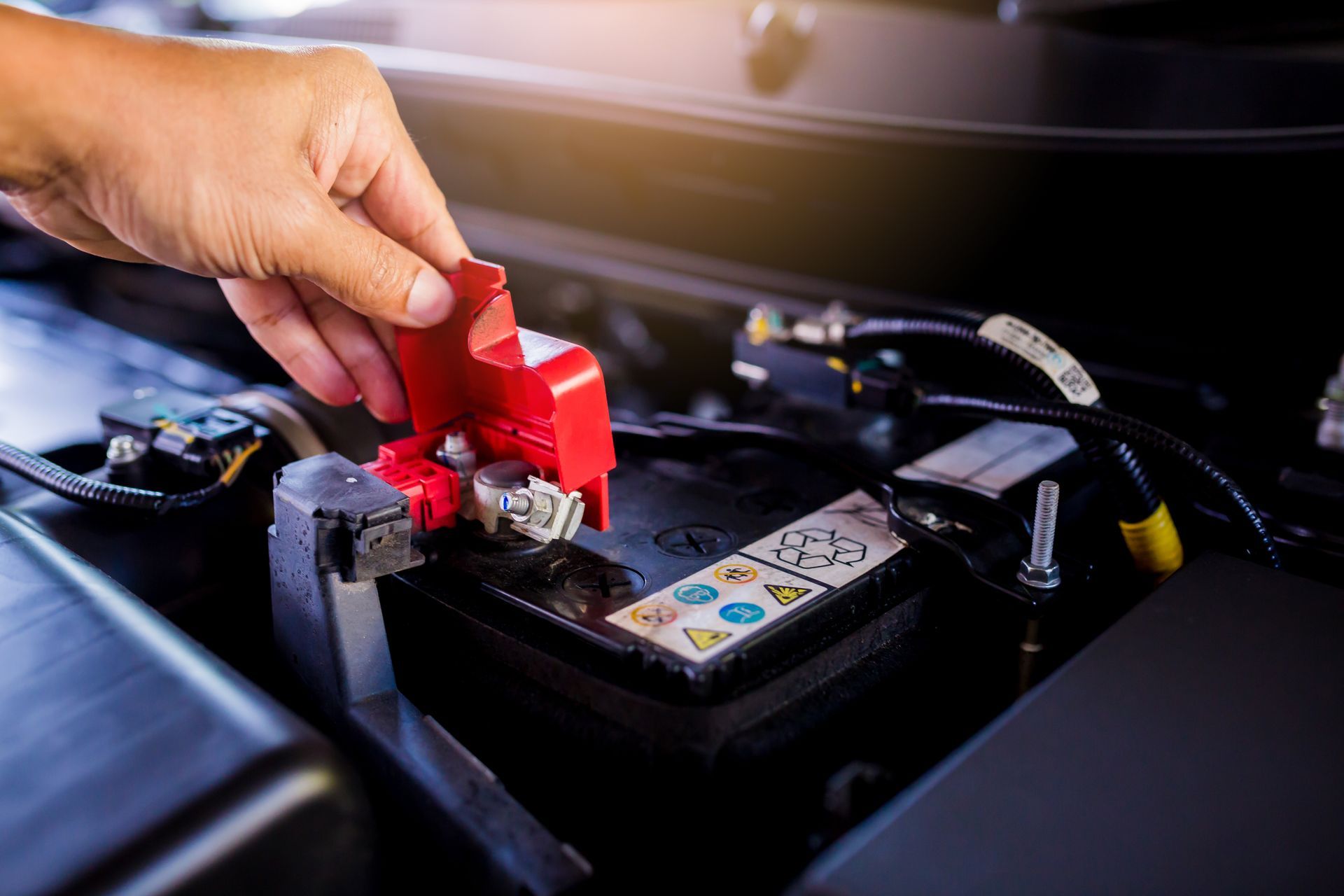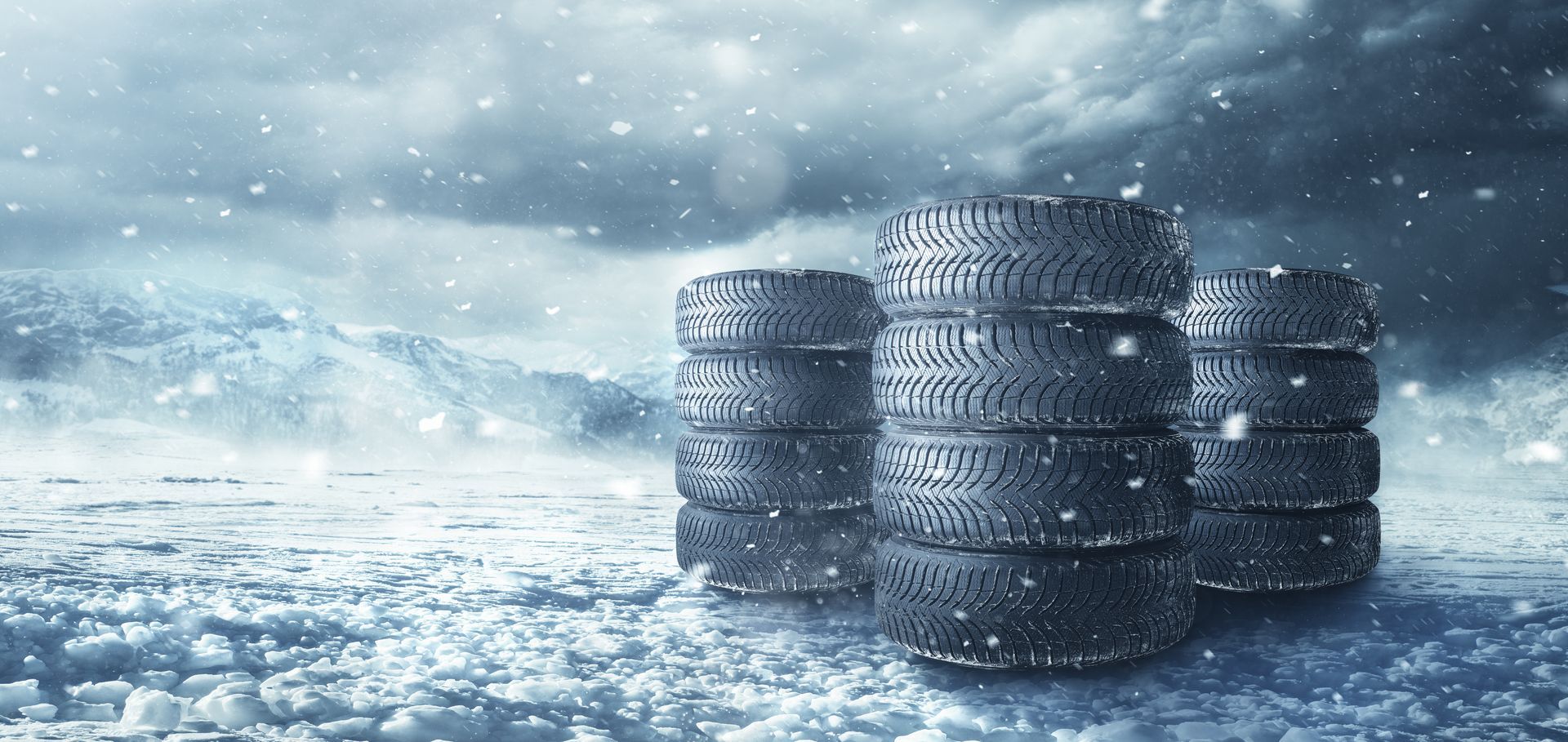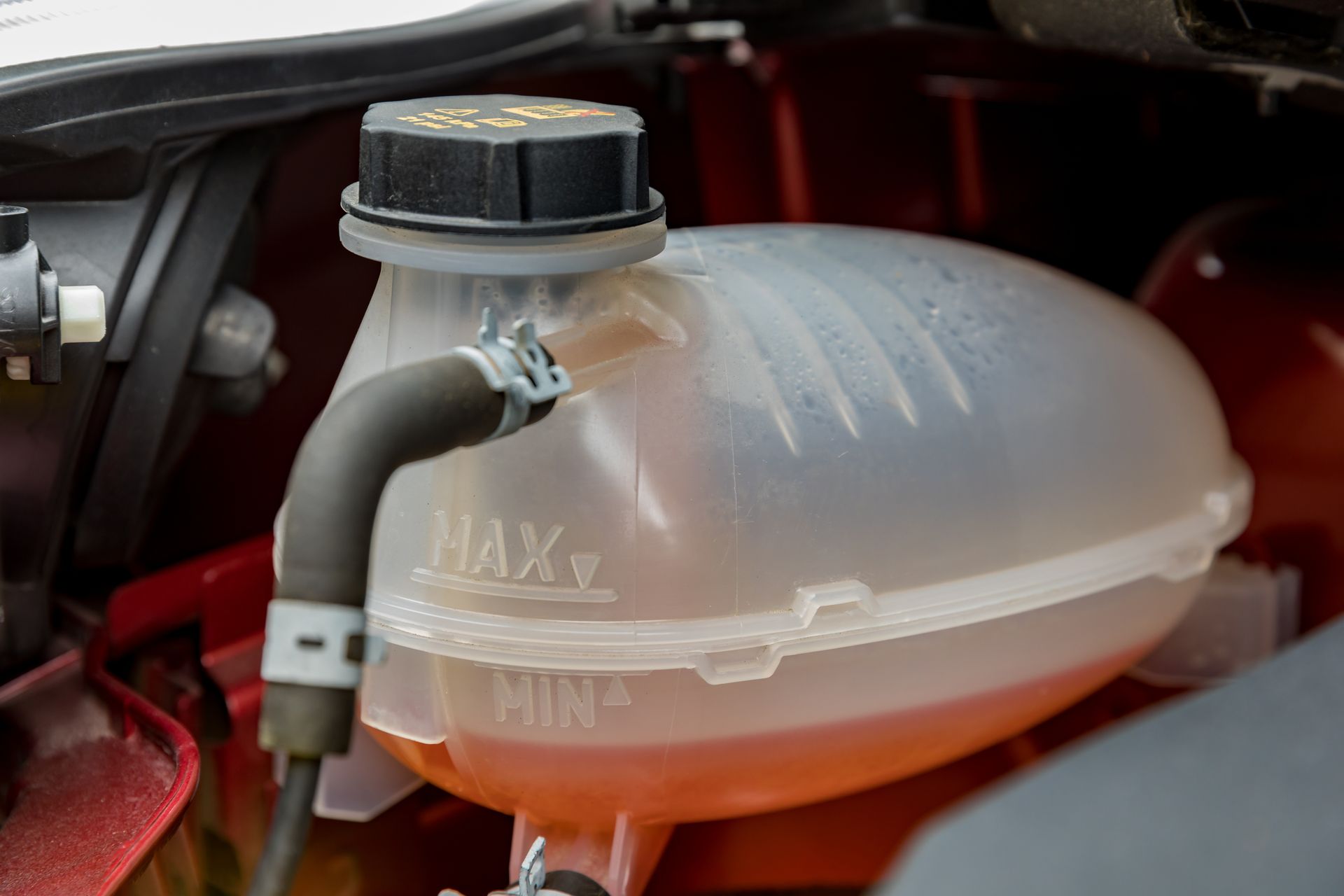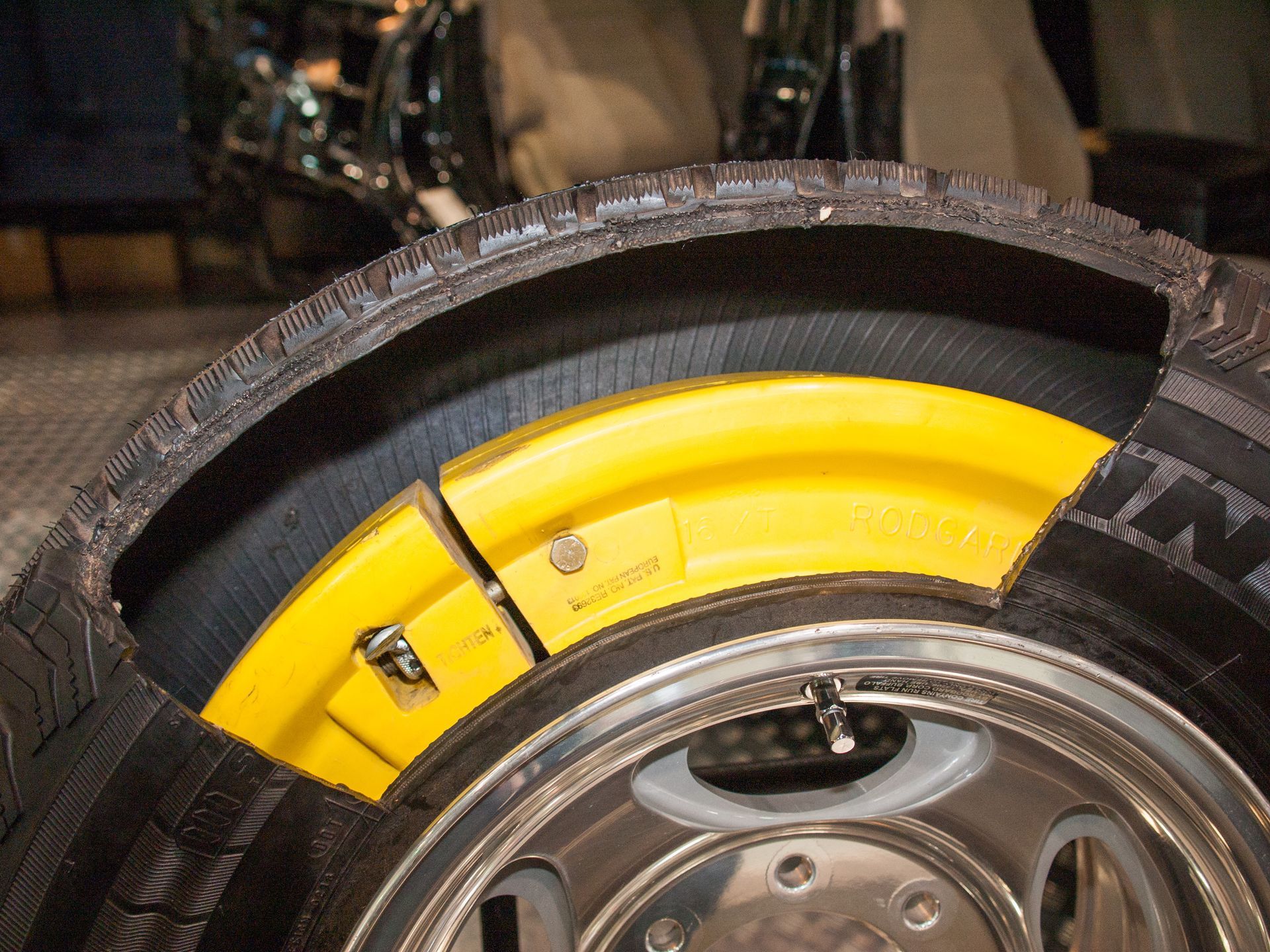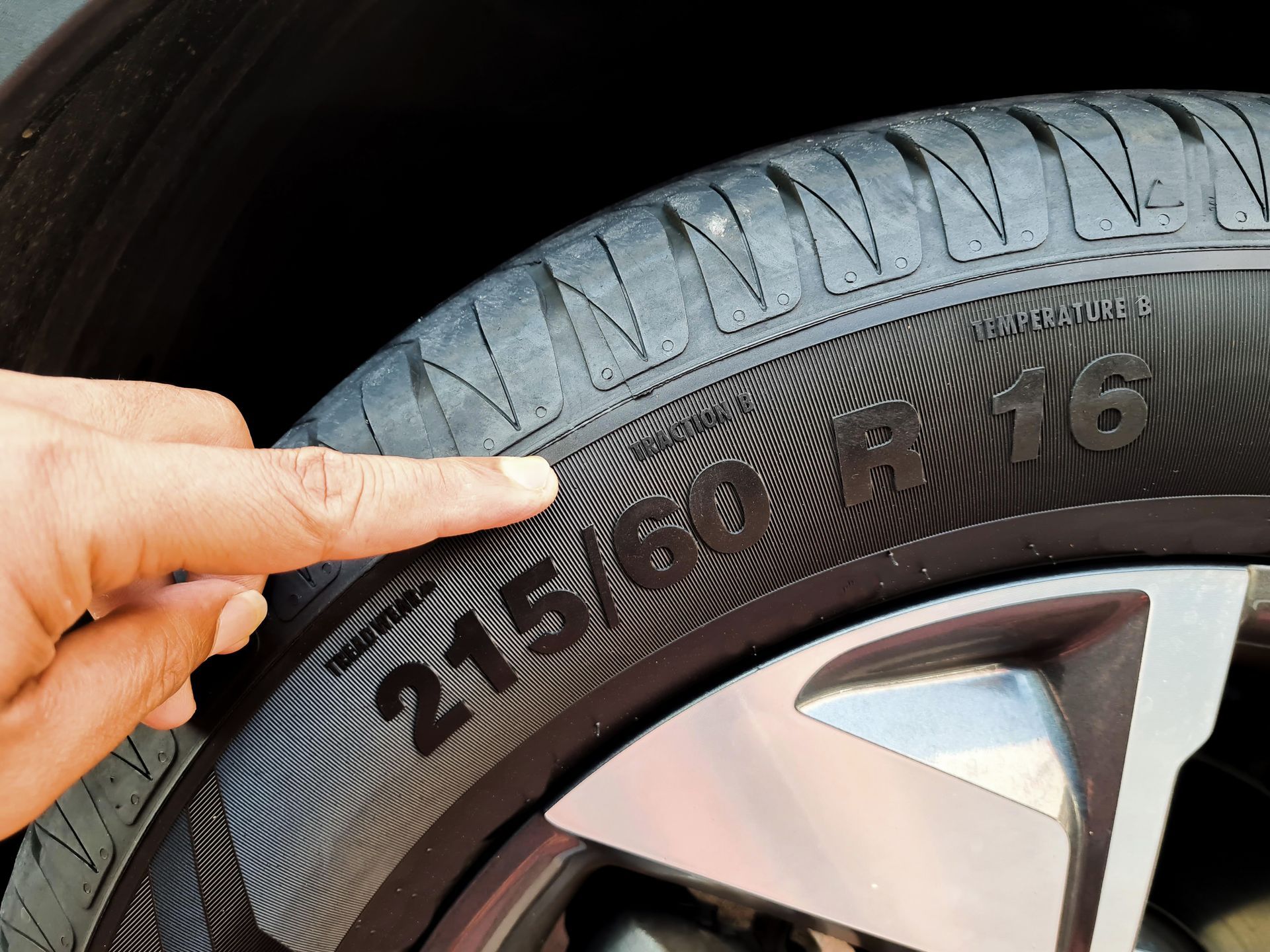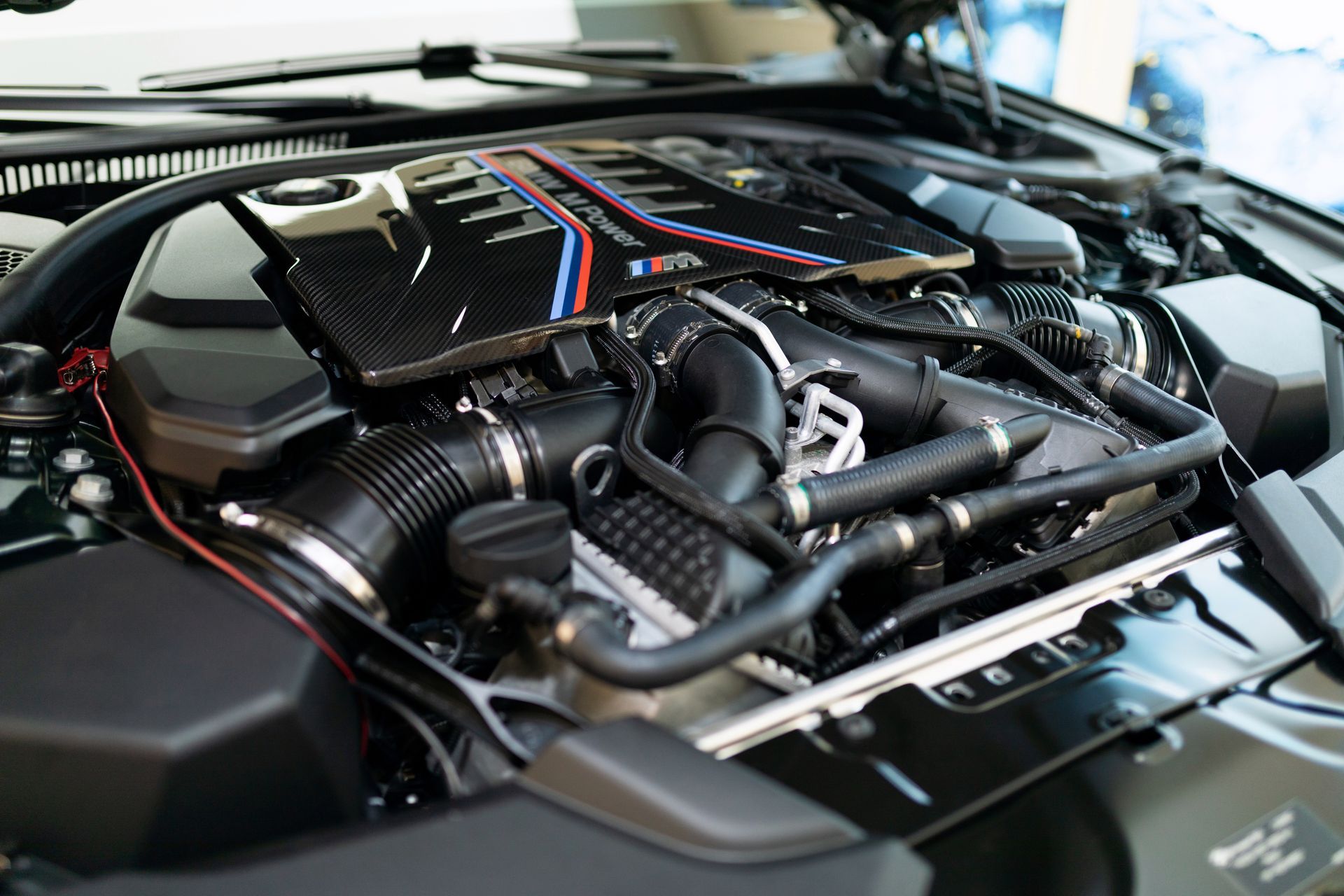As vehicles rack up miles, it’s not unusual for owners to notice their engines using more oil than they once did. You may find yourself topping off between oil changes or spotting drops on the driveway. While this can be concerning, it’s also common, especially in older or high-mileage vehicles. Understanding why this happens and what to look for can help you avoid major issues and extend your engine’s lifespan.
Here’s why engines tend to burn more oil over time and what you can do to manage it.
Worn Piston Rings and Cylinder Walls
Inside your engine, piston rings seal the gap between the piston and the cylinder wall. Their job is to keep combustion gases in and oil out. Over thousands of miles, these rings wear down. When that happens, oil can slip past them and get burned along with fuel during combustion.
This problem develops slowly and can go unnoticed for a while. However, signs include frequent oil loss, blue smoke from the exhaust, or a noticeable drop in engine performance. Once piston rings are worn, oil consumption increases steadily, especially under load or during highway driving.
Aging Valve Seals
Your engine’s valve seals keep oil from leaking into the combustion chamber through the valves. Like piston rings, these seals can harden, crack, or wear out with age and heat exposure. Once compromised, oil can drip into the cylinders when the car is off or idling. You may notice blue smoke on startup or a burning smell after extended idling.
This type of leak often gets worse in cold weather or after long periods of sitting. Replacing valve seals can help restore oil control in older engines.
PCV System Failure
The Positive Crankcase Ventilation (PCV) system plays a key role in maintaining pressure inside the engine and preventing oil from escaping. When the PCV valve clogs or sticks, pressure can build up in the crankcase and force oil past seals and gaskets.
If your engine seems to be using more oil without visible leaks, a faulty PCV system might be to blame. It’s a relatively inexpensive part, and replacing it can significantly reduce oil consumption in many engines.
Oil Leaks from Gaskets and Seals
As engines age, the rubber gaskets and seals that keep oil contained begin to deteriorate. Valve cover gaskets, oil pan gaskets, crankshaft seals, and timing cover gaskets are all prone to leaking over time.
These leaks may not always drip onto the ground. Sometimes, oil burns off on hot engine components before it hits the driveway, creating a burning smell. If you notice oil stains around the engine bay or a greasy buildup, it’s time for an inspection.
High Operating Temperatures
Older engines may run hotter due to buildup inside the cooling system or worn components. Higher temperatures thin the oil and increase the chances it will seep past aging seals and burn off. Thinner oil doesn’t protect as well either, which speeds up wear and leads to even more oil consumption.
Keeping your cooling system in good shape helps control internal temperatures and slows the oil-burning process. Make sure your radiator, thermostat, and water pump are working properly.
Using the Wrong Oil Type
As engines age, they often benefit from slightly thicker oil that offers better sealing and protection. If you continue using low-viscosity oil meant for new engines, it may slip past worn seals more easily.
Consult your mechanic or owner's manual to see if a different oil grade is recommended for high-mileage vehicles. There are also special high-mileage oil blends that contain additives to condition seals and reduce oil loss.
When Oil Consumption Becomes a Problem
A little oil use isn’t necessarily a reason to panic. Many older engines require a quart of oil every 2,000 to 3,000 miles, without exhibiting any other symptoms. The key is to monitor oil levels regularly and top off as needed.
If you find yourself adding oil more frequently, or if the engine begins to misfire, smoke excessively, or lose power, it’s time for a professional inspection. Ignoring excessive oil consumption can lead to engine damage, failed emissions tests, and costly repairs.
Extend the Life of Your Engine with Diamond Head Motors Ltd in Squamish, BC
If your car has been using more oil than usual or showing signs of internal wear, the team at Diamond Head Motors Ltd in Squamish, BC, is here to help. We specialize in diagnosing oil loss, repairing worn seals, and helping you get the most life out of your engine. Whether you need a new PCV valve or a full inspection of your valve seals and gaskets, we’ll make sure your vehicle stays reliable and roadworthy.
Schedule your oil inspection or service today and drive with confidence knowing your engine is protected.


